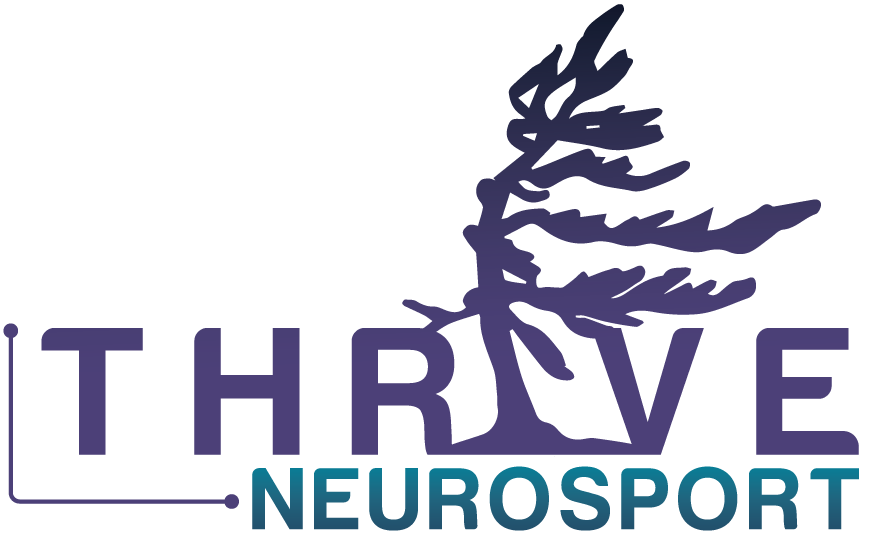CONCUSSION Recovery
You’re in the right place.
Thrive NeuroSport provides a wide range of services to support concussion recovery and long-term brain health from physiotherapy, professional consulting, and education.
Our mission is to cultivate resilience and rebuild capacity following concussion for performance in sport and life.
If you have active goals following a recent concussion or have had persisting concerns returning to activity, exercise, and/or sport following a concussion, I can help.
It’s never too late to seek care for concussion recovery. Unsure whether you have had a concussion? See Key Concussion Facts and Myth-Busting below.
Determine active, progressive strategies to address the root of your primary concerns and guide the path to concussion recovery
Assessment and treatment involve key clinical domains of concussion:
- Neck mobility, strength, and proprioception (i.e., joint awareness)
- Vestibular (i.e., inner ear) and oculomotor (i.e., eye movements) functions
- Balance and coordination (including walking, running, sport-specific drills)
- Exercise tolerance and autonomic system functioning (e.g., stress response)
- Sensorimotor integration (e.g., more complex, integrated tasks)
- Cognitive-perceptual functioning (e.g., visual attention, focus, concentration)
- Performance on specific activities for sport, work, and life!
Innovative use of health technology for assessment measures that provides you with concrete information about how your brain is functioning
Remote monitoring strategies to put you in control and track your recovery
Robust interventions that progressively break down the silos of rehab and integrate systems to meet the demands of your daily life, sport, and activities
The knowledge to educate and empower you to feel confident navigating return to work, school, and sport
Build your bench. Gain access to a network of inter-disciplinary healthcare practitioners that are leaders in their field for concussion care, including, neuro-optometrists, sport psychiatrists and psychotherapists, clinical neuropsychologists, and more.
Katie has over a decade of experience working in high performance sport, helping individuals following concussion, conducting research, and learning about evidence-informed management of concussion. Thrive NeuroSport doesn't have a “certification” as there are no regulated concussion certifications in Canada.
What does Telehealth Physiotherapy look like?
Initial Telehealth Assessment: 60-minutes
- Understanding: Katie will take the time to help you understand how a concussion affects your brain and body. Knowledge is power!
- Guidance: Get started with an adaptable and progressive plan to begin managing symptoms and/or improving your capacity on Day 1.
- Teamwork: I will help you take control with remote monitoring through software and mobile apps outside of the clinic to help us track your progress more accurately.
- Referrals: If you could benefit from seeing another practitioner for help with nutrition, sleep, vision, cognitive function, and more; Katie has a robust network of practitioners that we can help connect you to.
- Time Sensitive: I understand that parts of an assessment may provoke some of your symptoms and want to ensure we have enough time to pace and plan strategically without any rush.
Follow-Up Telehealth Appointments: 30- and 45-minutes
Check-in throughout the process to ensure we continue to make progress or modify programming as needed. A 45-minute follow-up is recommended for follow-ups up to a month or more apart.
- Consistency: Progress isn't linear. It is normal to experience ups and downs throughout the concussion recovery process. No matter what, Katie will support and help guide this process with your best interests in mind!
Virtual Appointments & Consulting:
- Telehealth appointments are available to Ontario residents only.
- Please contact Katie for clinician professional and/or organization consulting.
Note: Thrive NeuroSport is not registered to work with the Ontario workplace safety and insurance board (WSIB) or motor vehicle accident insurance providers.
KEY FACTS & MYTH BUSTING CONCUSSION
A concussion is a transient, functional brain injury (not structural).
Resultant dysfunction typically does not show up on traditional imaging, such as an x-ray, CT, or MRI scan.
A concussion does not always result from direct contact to the head and/or loss of consciousness. If you suspect you or someone else has sustained a concussion they should always be removed from activity/sport and referred to a physician or nurse practitioner.
Symptoms may or may not include:
- Headache, dizziness, nausea and/or vomiting
- Difficulties with vision, balance, and/or coordination
- Tolerating light and/or noise
- Changes in mood (feeling not like yourself, frustration, rapid changes in emotions, feeling anxious, and/or sad)
- Difficulties with decision-making, memory, attention, and/or concentration
- Changes in sleep quality (too much or too little, not falling asleep and/or staying asleep)
There are no regulated “concussion certifications" recognized by the government in Canada. Clinic certifications are provided by private companies that often include remote training and limited quality assurance.
Note: It’s okay to ask your healthcare provider about their experience treating concussion. It is okay to seek care from another provider if you are not feeling comfortable or having success with your current treatment plan.
Following acute concussion, it is recommended to seek an assessment by a physician or nurse practitioner. Specifically for youth, a physician should be engaged in the care pathway and provide medical clearance for return to sport and school.
Rest is NOT best. Concussion care should be active and engaging with early, structured exercise recommended after an injury versus a prolonged period strict rest.
*See the Resources page for more information on concussion injuries and associations that support concussion recovery.

